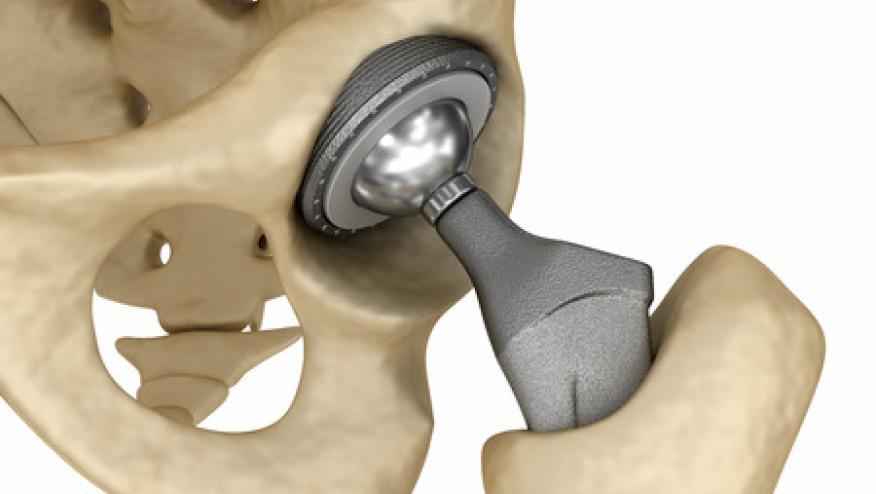Need for Pre-operative Hyperglycemia Testing Prior to Total Joint Replacement Save

JAMA reports on a large Medicare cohort study showing that amongst patients undergoing total joint replacement (TJR), preoperative HbA1c testing was performed in 26% to 43% of patients with diabetes and in only 5% of those without diabetes. Importantly research has shown that an elevated HbA1c level is associated with postoperative complications.
It is estimated that ther aer more than one million TJRs are performed annually in the United States. Given a well known connnection between osteoarthritis and diabetes and that suboptimal glucose control preoperatively is associated with poor TJR outcomes, researchers at Brigham and Women’s Hosptial set our to assess the frequency of hemoglobin A1c (HbA1c) testing in the 90 days prior to surgery among Medicare enrollees, who were 65 years or older.
A total of 465 566 patients met the inclusion criteria, with a mean age ranged from 73 to 75 years.
In the 90 days prior to TJR, HbA1c testing occurred in:
- 4.9% of non-diabetic patients
- 25.8% of those with diabetes not receiving medication
- 39.0% of those with diabetes receiving noninsulin medications
- 43.4% of those with diabetes receiving insulin.
Similar trends with serum glucose testing was seen, with 37.2% tested if they did not have diabetes increasing up to 50.2% in those with diabetes receiving insulin.
These findings suggest that assessing HbA1c would be a potentially important preoperative safety measure in patients undergoing TJR.










If you are a health practitioner, you may Login/Register to comment.
Due to the nature of these comment forums, only health practitioners are allowed to comment at this time.